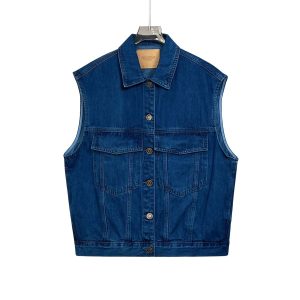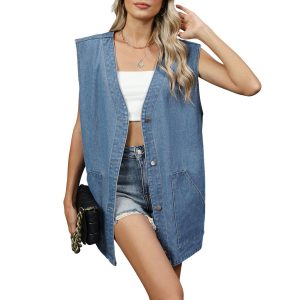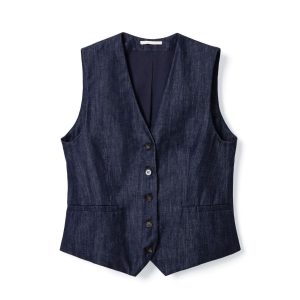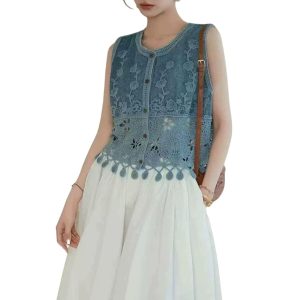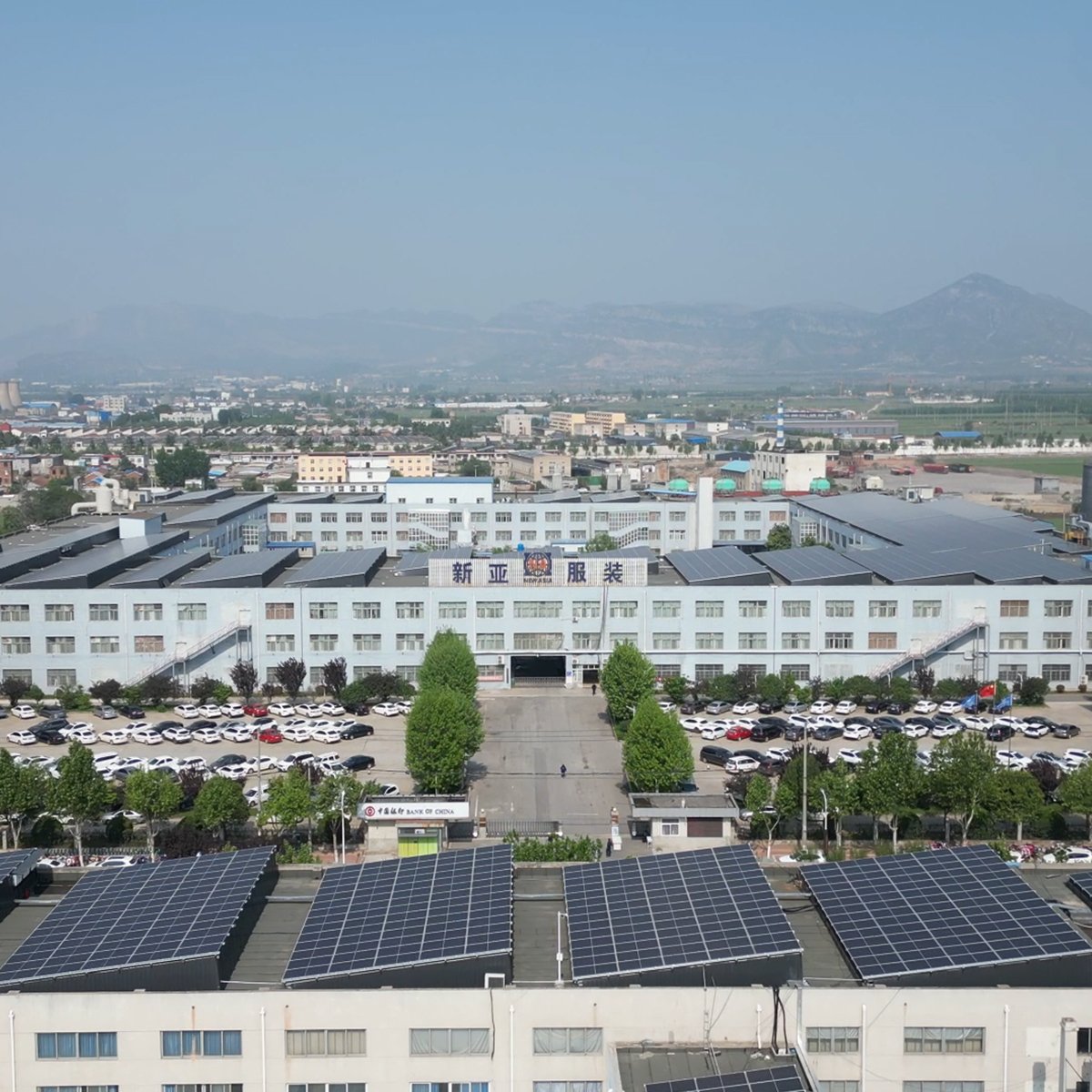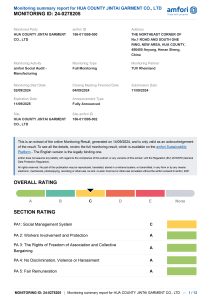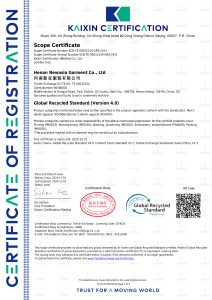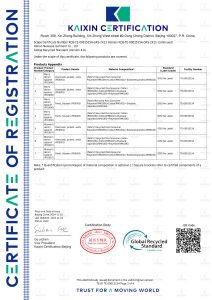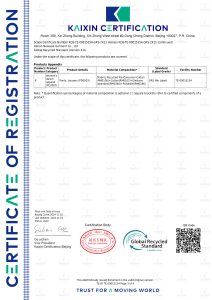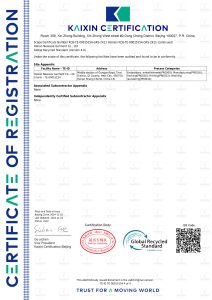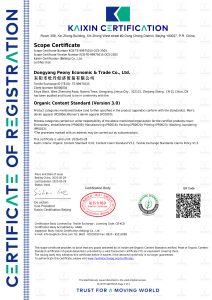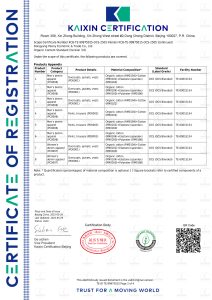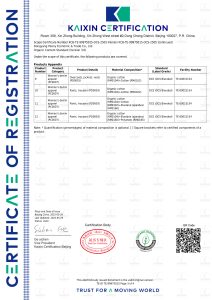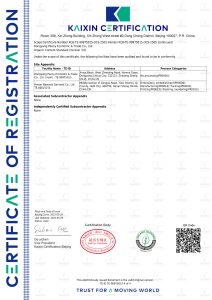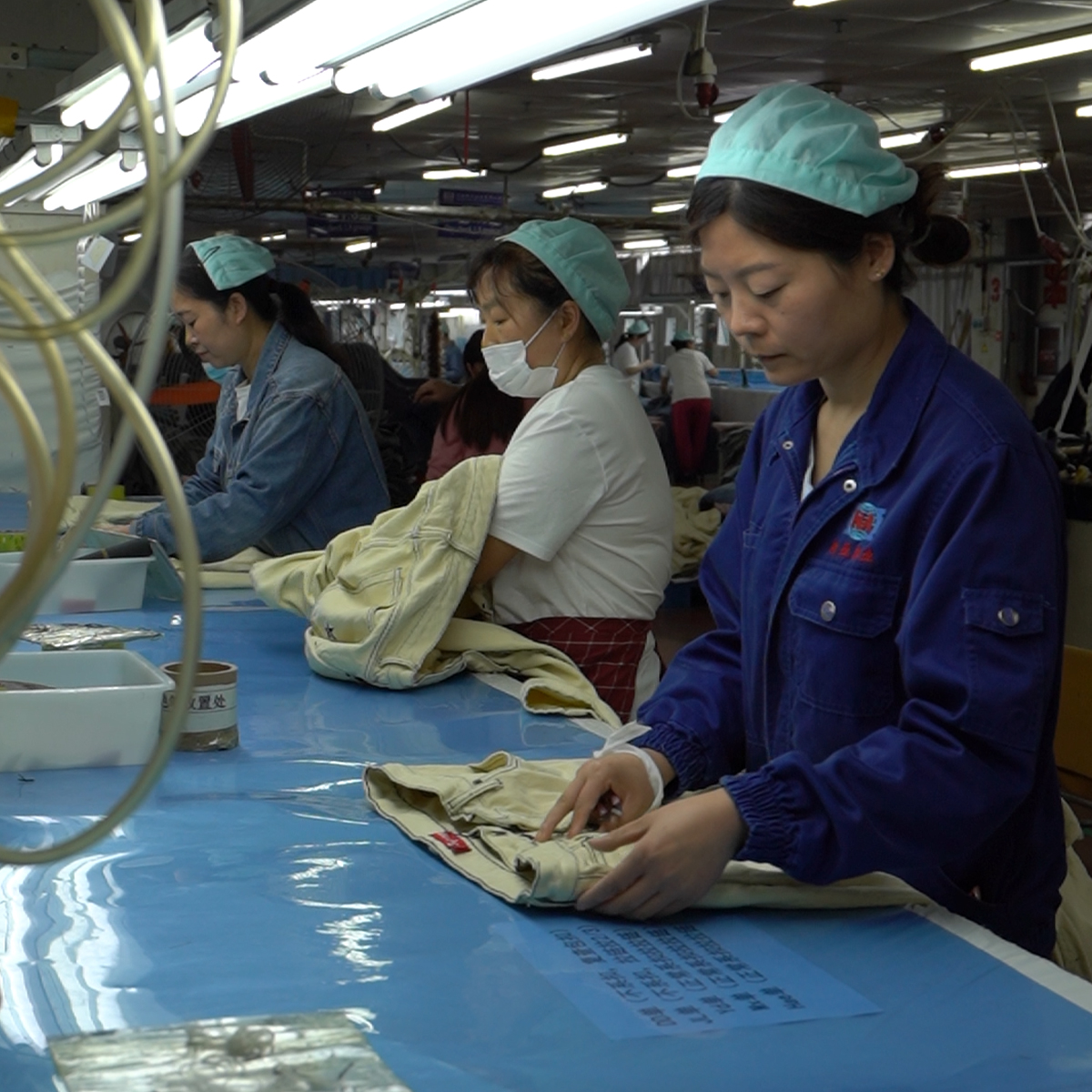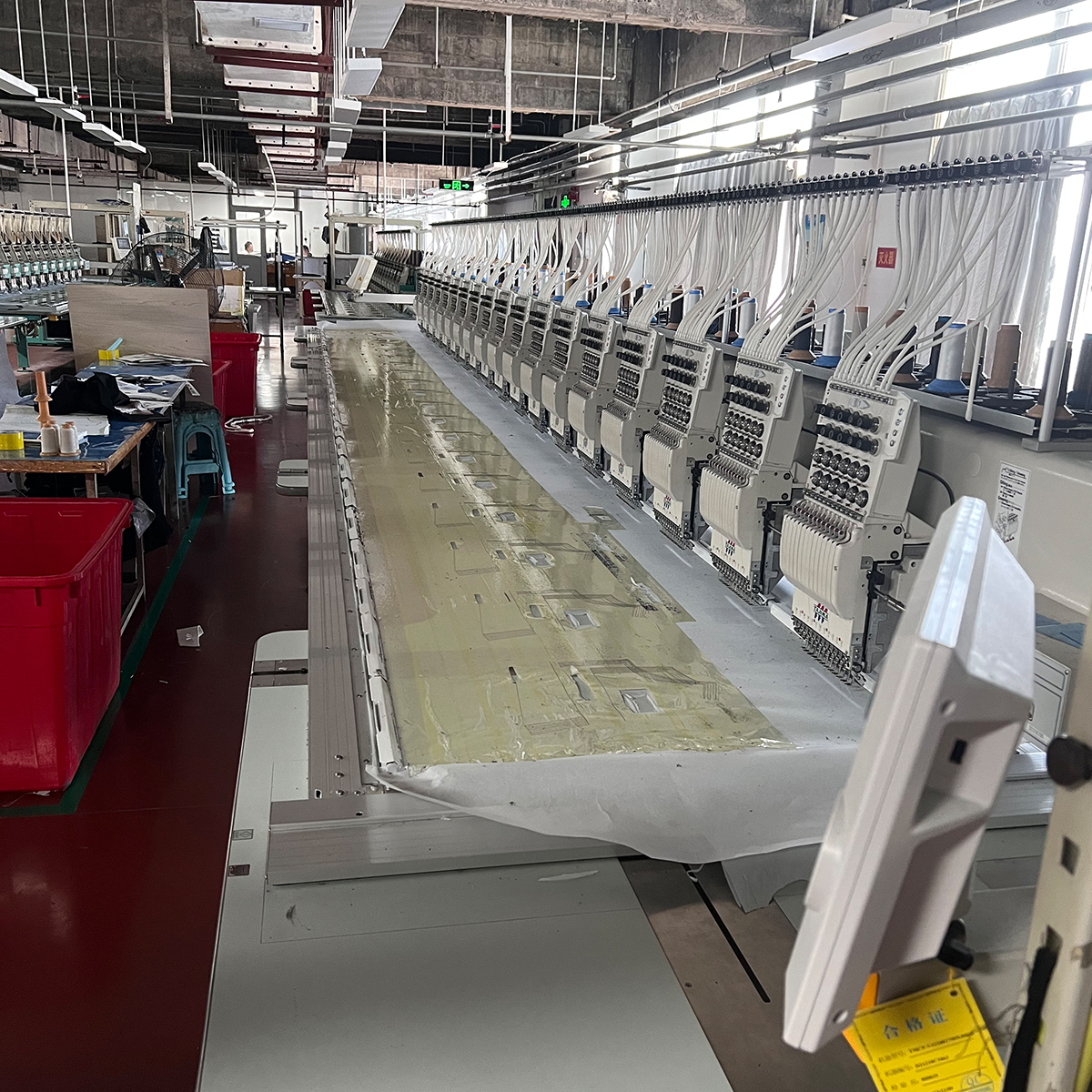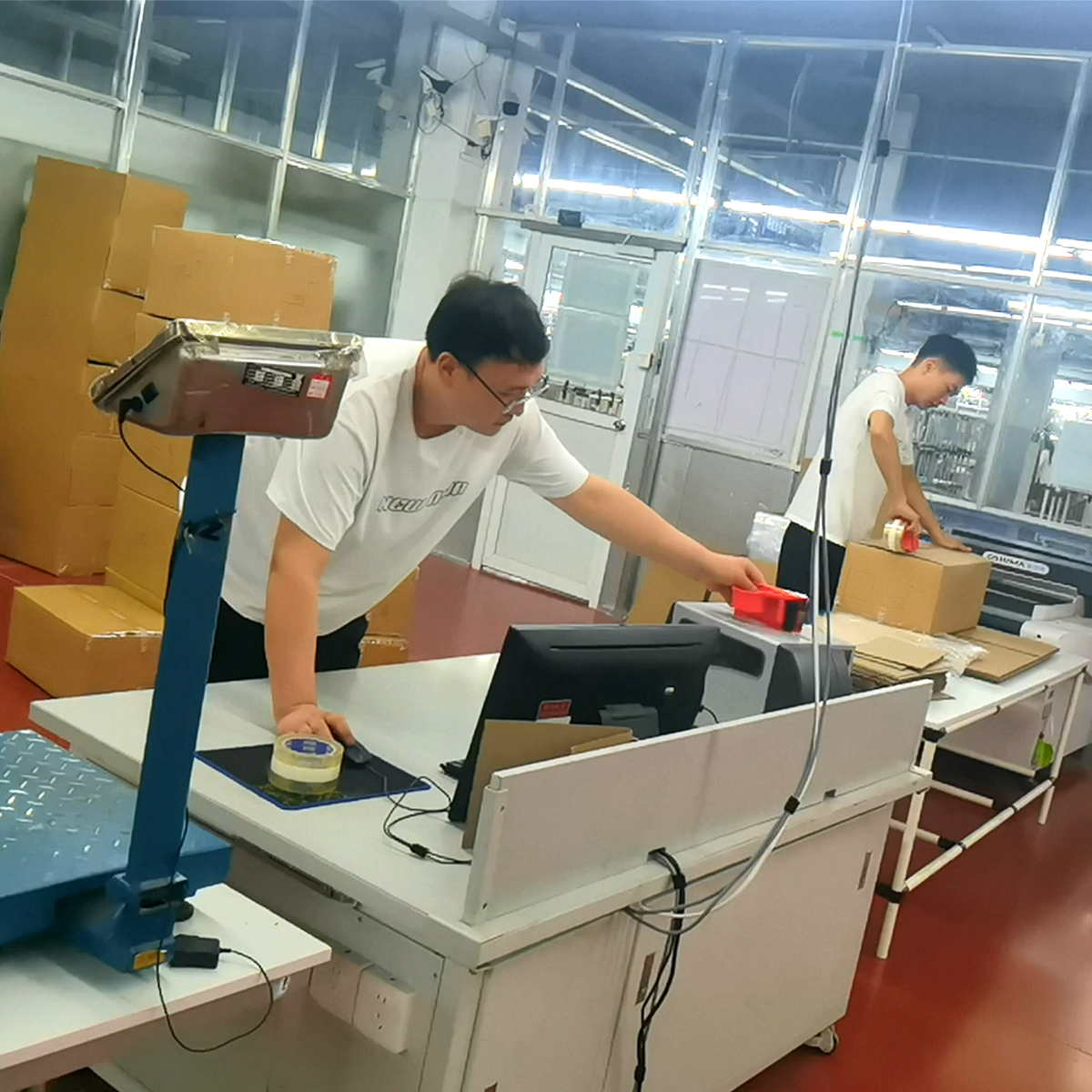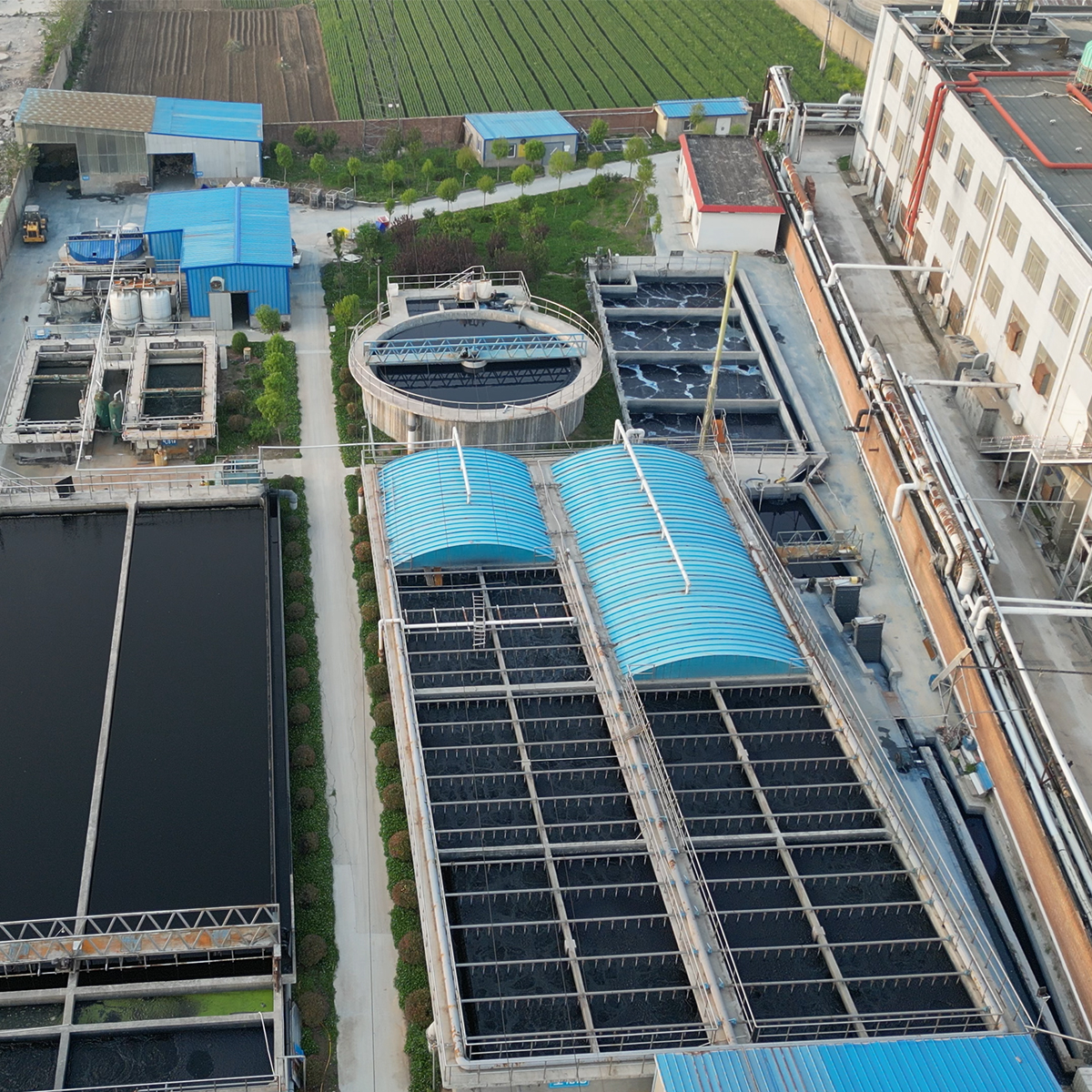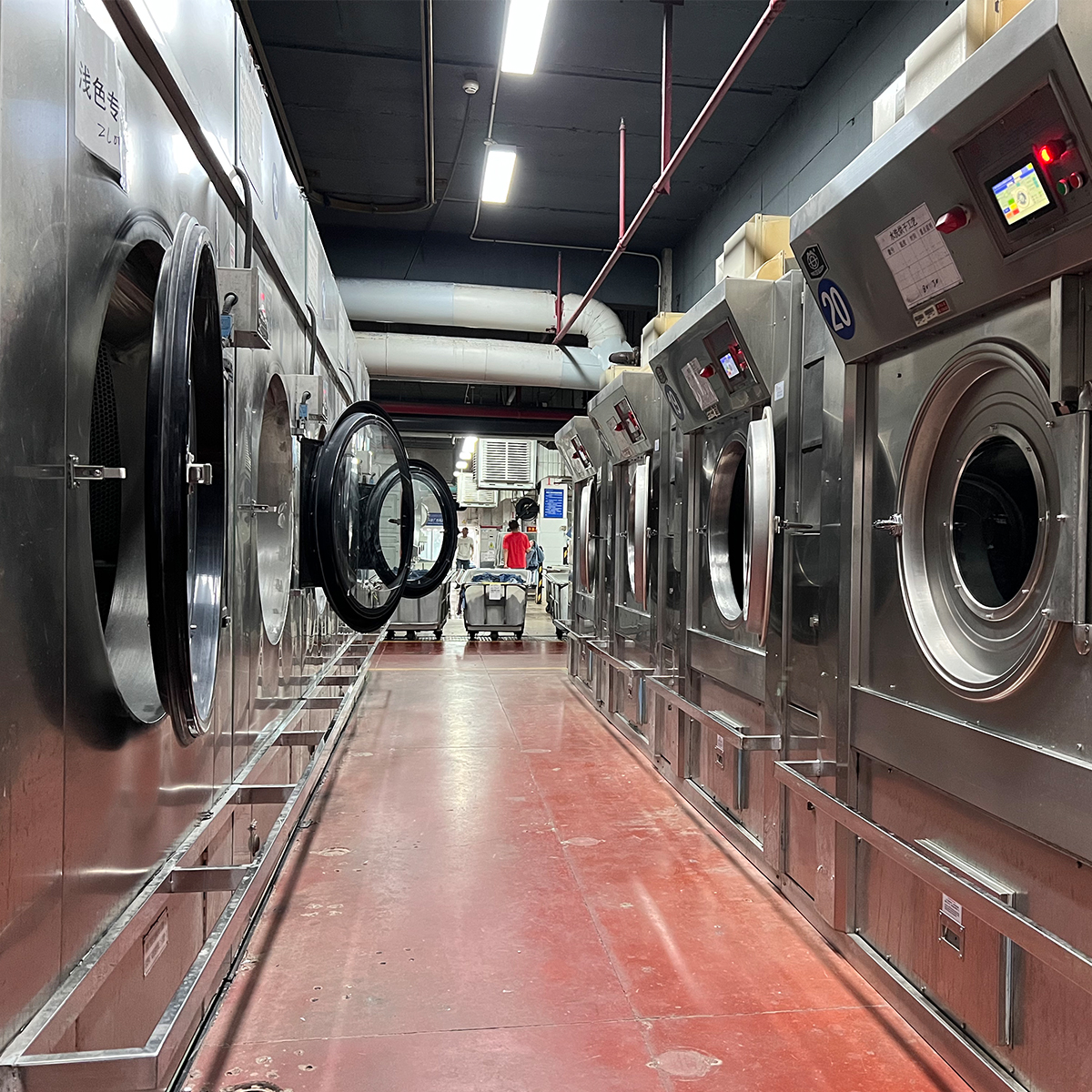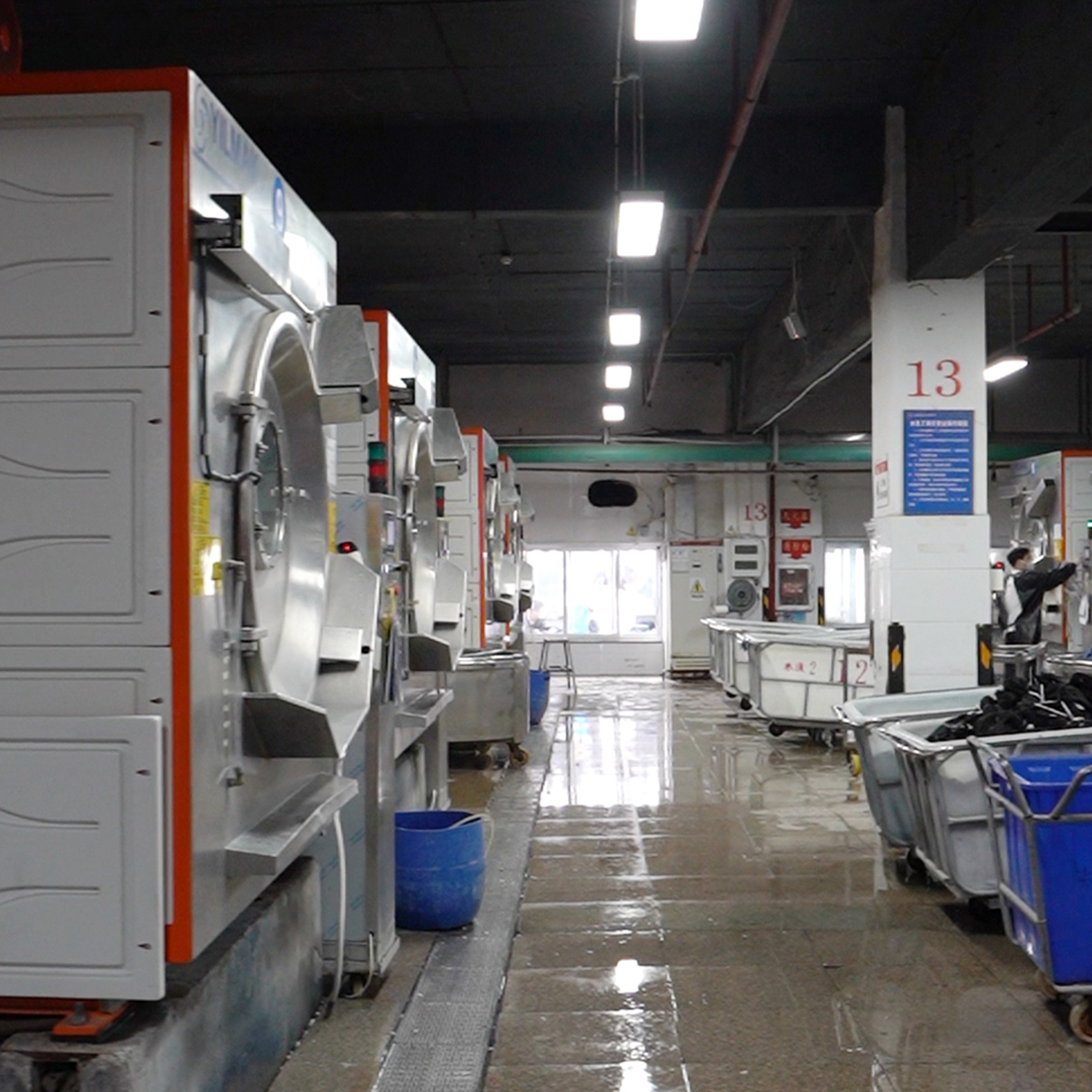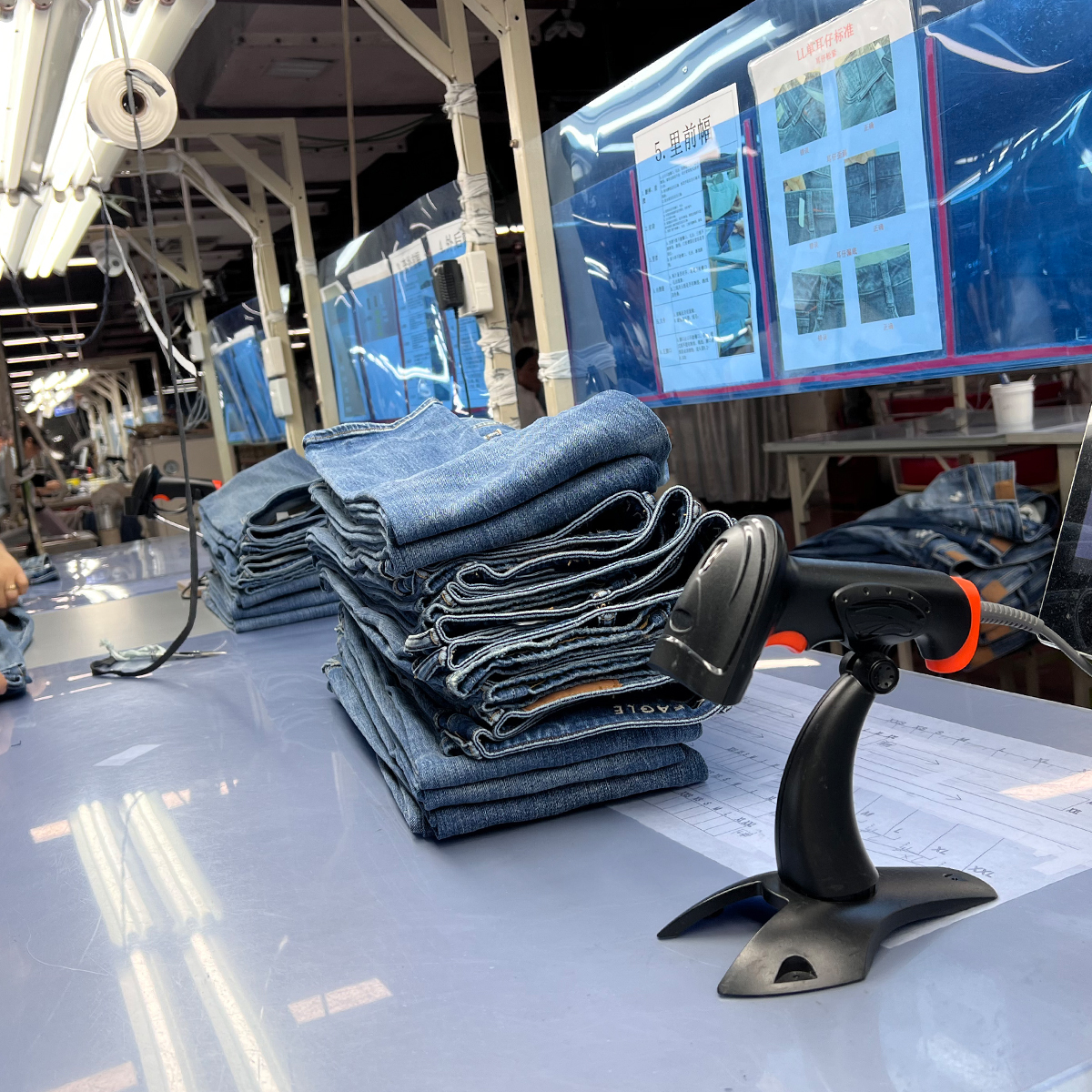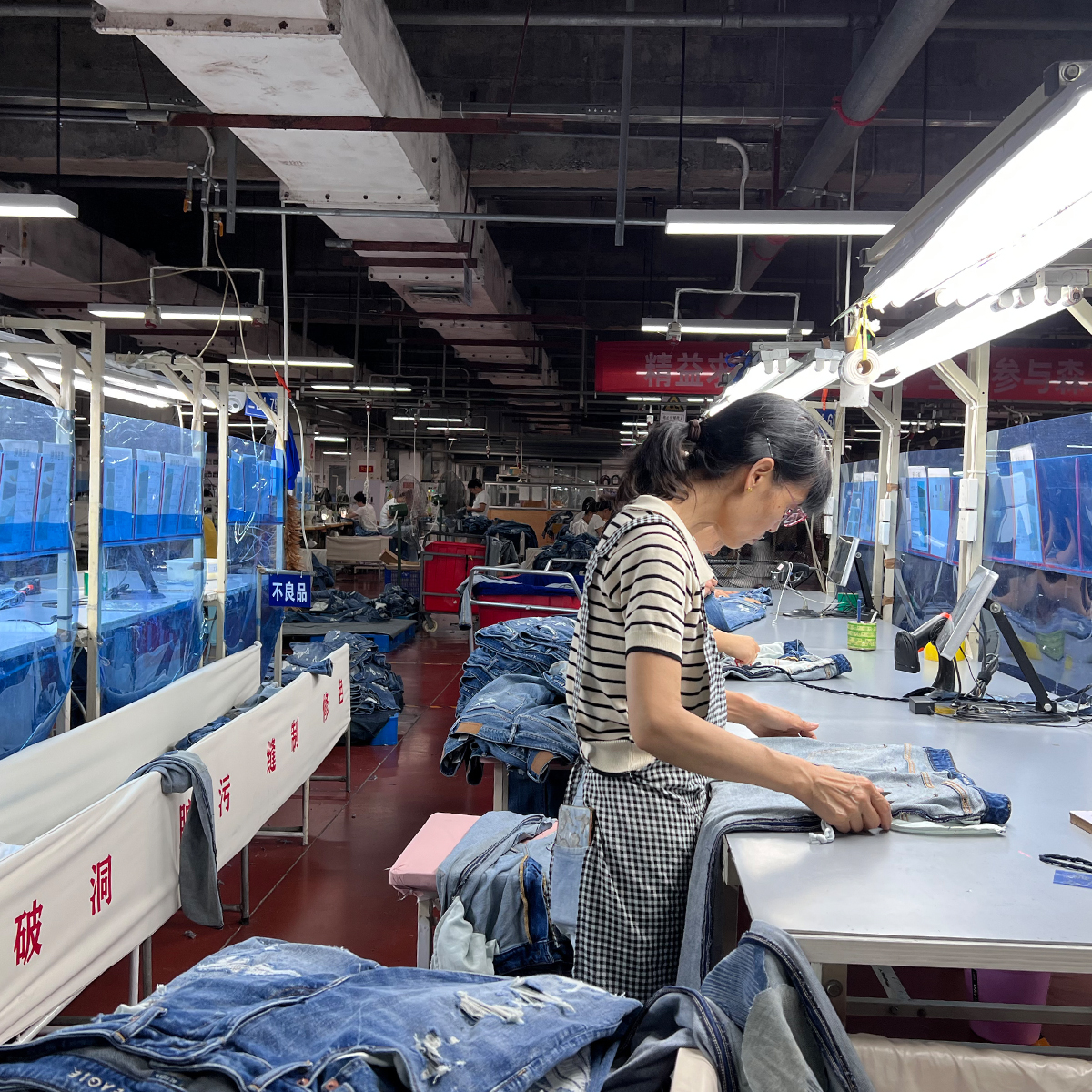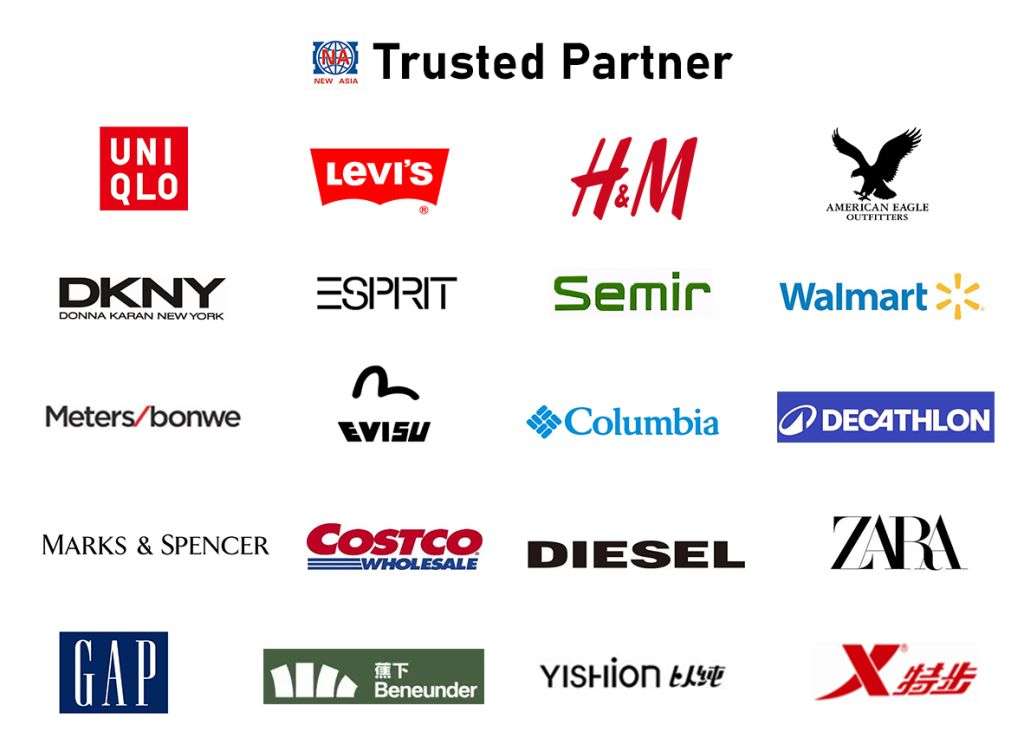Introduction
In the world of premium denim, True Religion has carved out a distinctive space with its bold designs, distinctive stitching, and high-quality fabrics. For enthusiasts and potential buyers alike, understanding where these iconic jeans are crafted can shed light on their quality, authenticity, and brand history. The question, “Where are True Religion jeans manufactured?” is more complex than it initially appears, involving a layered exploration of global manufacturing practices, brand philosophy, and ethical considerations. In this article, we’ll delve into the origins of True Religion¡¯s manufacturing processes, the global locations involved, and what this means for consumers seeking authentic, high-quality denim.
The Origins of True Religion
Founded in 2002 in Los Angeles, California, True Religion set out to revolutionize the denim industry with innovative designs and premium craftsmanship. The brand quickly gained popularity for its distinctive stitch patterns, use of high-quality materials, and a rebellious, yet refined, aesthetic. While the brand originated in the United States, the manufacturing process has since evolved, reflecting broader industry trends and economic factors.
Manufacturing Locations: A Global Perspective
Unlike many luxury brands that manufacture exclusively in their home countries, True Religion utilizes a multi-national approach to production. This strategic decision is driven by several factors, including cost-efficiency, skilled labor availability, and access to specific fabrics or machinery. Currently, True Religion’s jeans are primarily manufactured in:
- India: Known for its skilled textile and sewing workforce, India is a significant manufacturing hub for True Religion. Several of their factories operate here, producing various styles of their denim lines.
- Mauritius: This island nation has become a favored offshore manufacturing destination for many apparel brands. True Religion benefits from Mauritius’s favorable trade agreements and skilled labor force, especially for premium denim production.
- Mexico: Given its proximity to the United States, Mexico serves as a convenient manufacturing site for fulfilling North American demand. Many brands, including True Religion, operate factories or partner with local producers here to streamline logistics.
Why These Locations? Factors Influencing Manufacturing Site Choices
True Religion’s decision to produce in these regions is not arbitrary. Several critical factors influence the selection of manufacturing sites:
- Cost-Effectiveness: Countries like India and Mauritius offer lower labor costs without compromising on quality, enabling True Religion to maintain competitive pricing while ensuring premium standards.
- Skilled Labor availability: These nations have developed robust textile and garment industries, with skilled seamstresses and pattern makers that contribute to the high-quality construction of the jeans.
- Trade Policies and Export Incentives: Mauritius, for example, has favorable trade agreements with the US and Europe, which reduce tariffs and facilitate easier export processes.
- Material Sourcing: Some raw materials or specific fabrics may be more readily available in certain regions, influencing the choice of manufacturing locations.
Authenticity and Manufacturing Transparency
As consumers increasingly seek transparency about product origins, True Religion has responded by emphasizing its commitment to quality control and ethical manufacturing standards. While their manufacturing is spread across various countries, they assert that their factories adhere to strict quality and labor standards. Authentic True Religion jeans often include labels indicating country of origin, and some styles specify manufacturing details for transparency.
However, the diversity of manufacturing locations can sometimes make verification challenging. Counterfeit products often mimic the appearance of authentic jeans but lack the genuine tags and quality craftsmanship. To ensure you¡¯re purchasing authentic True Religion jeans, buy from reputable retailers and scrutinize tags, stitching, and overall product quality.
The Impact of Manufacturing Locations on Quality and Design
Manufacturing locations can influence the quality, fit, and durability of jeans. Countries with highly skilled labor forces tend to produce garments with superior stitching, precise detailing, and consistent quality. For True Religion, a brand renowned for its intricate stitching patterns and decorative elements, the manufacturing process must be meticulous.
Producing in India or Mauritius allows them to leverage specialized skills in denim construction and embroidery, which directly impacts the final product’s high standards. Mexico’s proximity also facilitates quick turnaround times and flexibility in fulfilling market demands.
Addressing Ethical and Sustainability Concerns
Global manufacturing raises questions about labor practices, environmental sustainability, and ethical standards. True Religion claims to follow rigorous compliance protocols, ensuring their factories uphold fair labor conditions and environmentally responsible practices. Nonetheless, independent audits and third-party evaluations play a vital role in verifying these claims.
Consumers interested in ethically manufactured denim should research brands’ sustainability reports and certifications. Being aware of a brand¡¯s manufacturing footprint helps make informed purchase decisions aligned with personal values.
The Future of True Religion Manufacturing
With the evolving landscape of global trade and technological advancements, True Religion may explore new manufacturing partnerships or bring production closer to home as part of initiatives to improve sustainability and supply chain transparency. The ongoing dialogue around ethical manufacturing standards continues to shape consumer preferences, pressuring brands to adopt more responsible practices.
At the same time, advances in manufacturing technology, such as automation and AI-driven quality control, could influence how and where brands like True Religion produce their jeans. The balance between maintaining high craftsmanship and controlling costs will remain pivotal.
Understanding the Labels and Tags
When examining a pair of True Religion jeans, pay attention to the labels, tags, and embroidery details. Authentic products typically include information about the manufacturing country, a hologram tag, or other security features that distinguish them from counterfeits. The tags often specify the fabric composition, care instructions, and the factory location.
Additionally, the stitching¡ªespecially the signature horseshoe logo¡ªshould be impeccable and consistent, reflecting the brand’s high standards. Counterfeit jeans may lack this precision or use inferior materials.
Summary
True Religion’s jeans are manufactured across several countries, including India, Mauritius, and Mexico, leveraging their diverse benefits in terms of cost, skilled labor, trade policies, and raw material sourcing. While their manufacturing footprint is global, the brand emphasizes quality control and ethical standards, aiming to produce premium denim with attention to detail and durability.
Understanding where and how your jeans are made can enhance appreciation for the craftsmanship involved. Whether you’re seeking authentic, high-quality denim or ethically produced fashion, being aware of manufacturing origins is an important step toward making informed purchasing choices.



